A Brechin High School pupil told the Labour party conference that social media companies must be held to account for keeping children safe online.
Rachel Talbot, who is a member of the the NSPCC’s Young People’s Board for Change (YPBC), was a speaker at the conference in Liverpool.
The 15-year-old met with Alex Davies-Jones, Shadow Minister for Digital, Culture, Media and Sport, at a fringe event about the online safety bill.
“Social media can be a dangerous place”
She said: “We need to make sure we are holding companies accountable for their role in child protection especially with the continuous rise of social media platforms.
“It’s important to me to share this message with politicians because ultimately they are the ones capable of holding these companies accountable.”
“As young people we can ask companies all we want to improve the safety of their platforms but sometimes they are only going to listen to legal action.
“I hope to see online platforms become safer and more enjoyable for young people because currently social media can be a dangerous place for them.”
Online safety bill delayed
The online safety bill had been making its way through parliament but was side-lined by the change in Prime Minister and is yet to return.
If implemented it would introduce new laws that put a duty on online platforms to protect their young users from harm.
Sir Peter Wanless, the charity’s chief executive, said: “Our Young People’s Board for Change members have made clear their concerns about online safety and the need to improve support.
“It is vitally important that politicians listen to the voices of young people.
“By delivering the online safety bill, the UK Government has a unique opportunity to implement game-changing legislation that will keep generations of children safe from preventable harm and abuse that is currently taking place on an industrial scale.”
Culture Secretary Michelle Donelan has said the bill will return to parliament “quickly”.
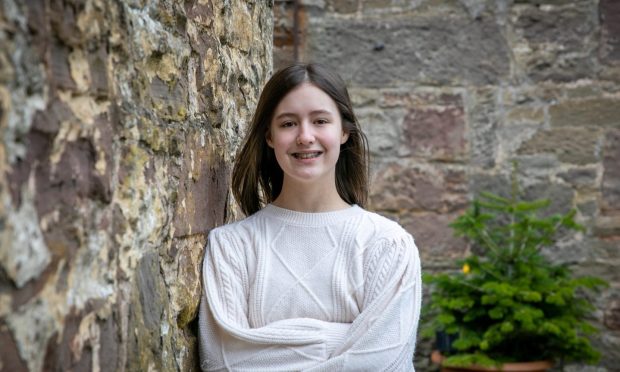
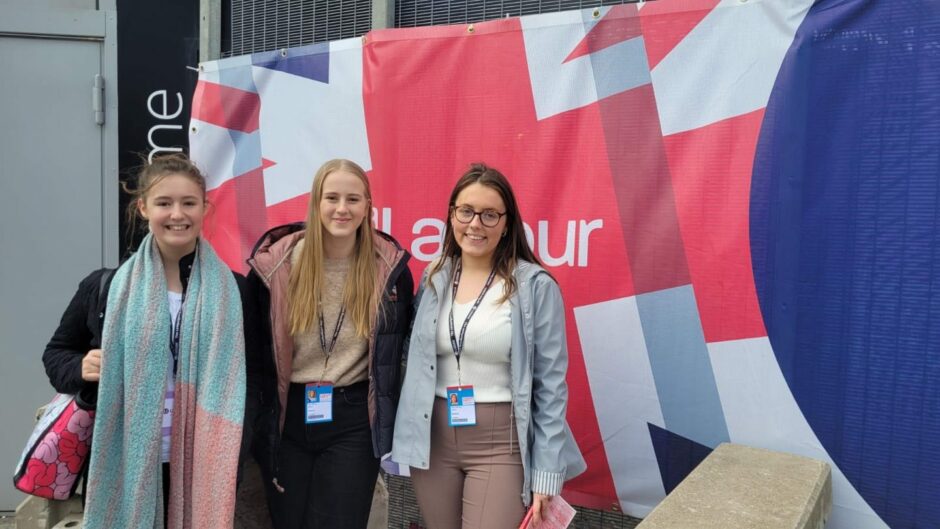
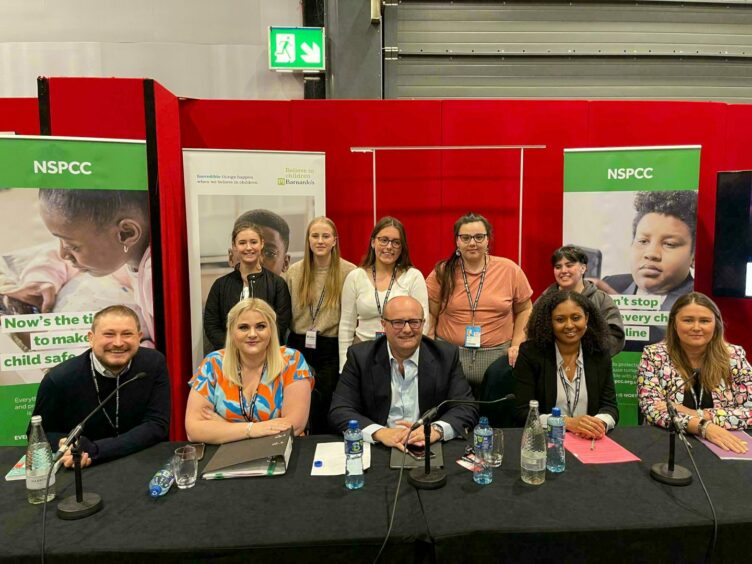
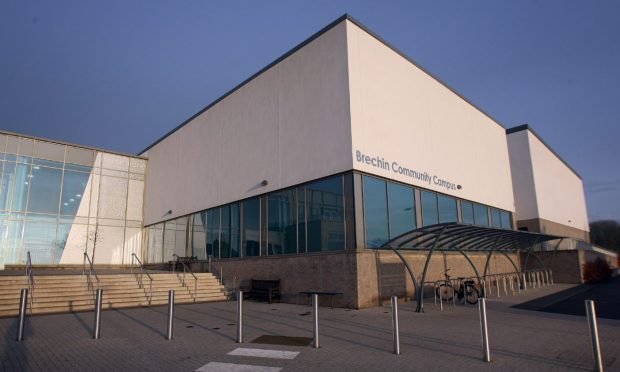
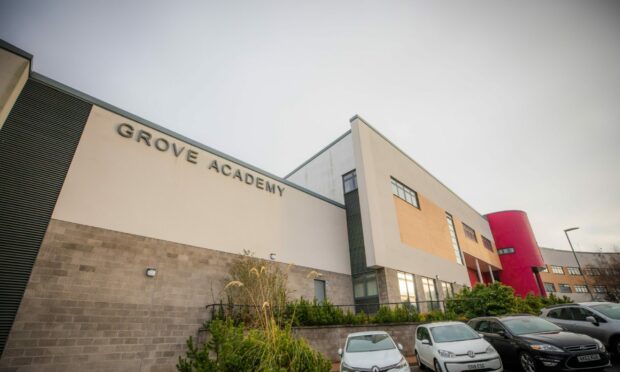


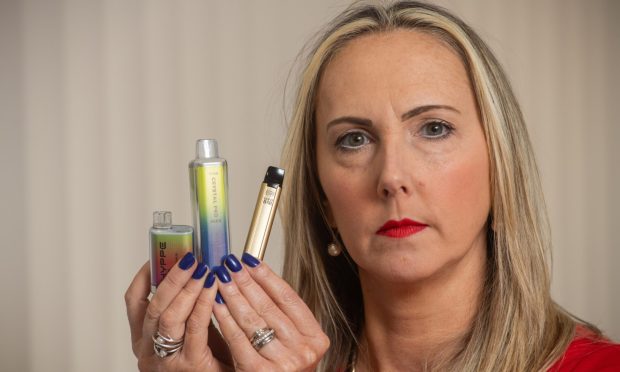
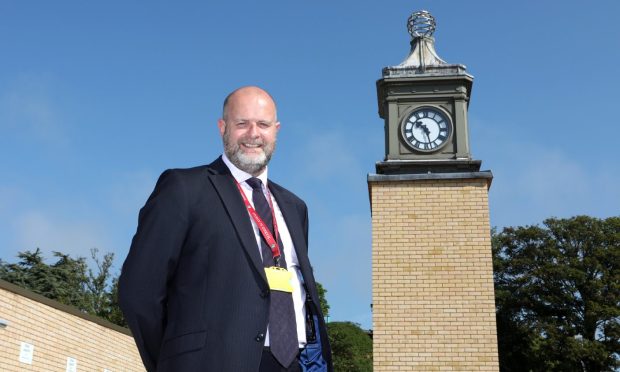

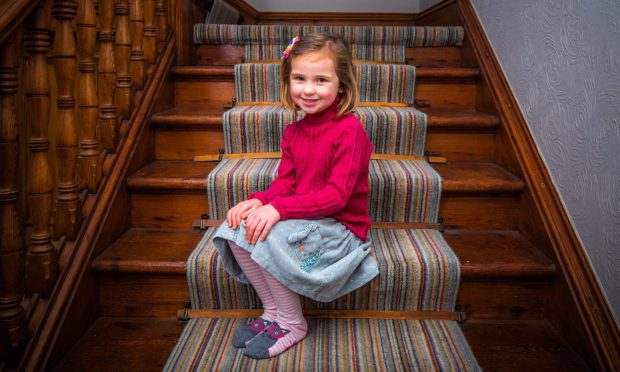
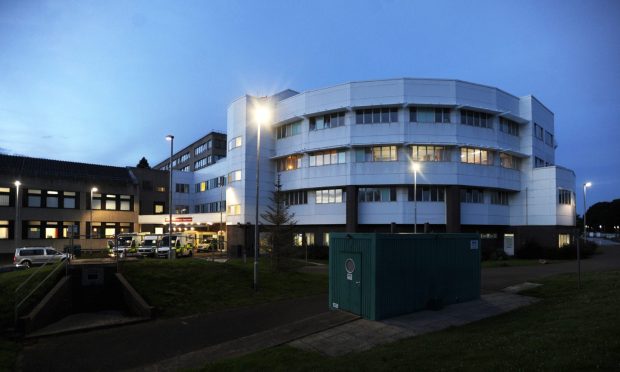
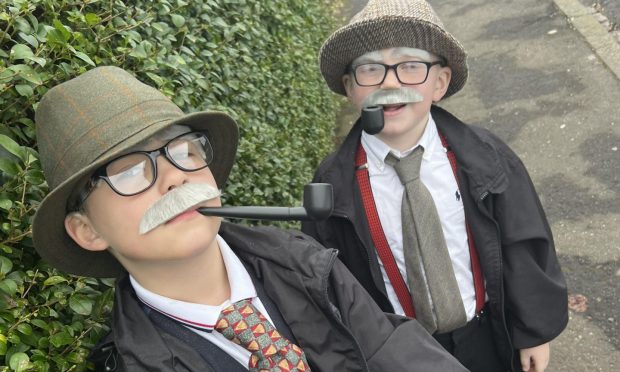
Conversation